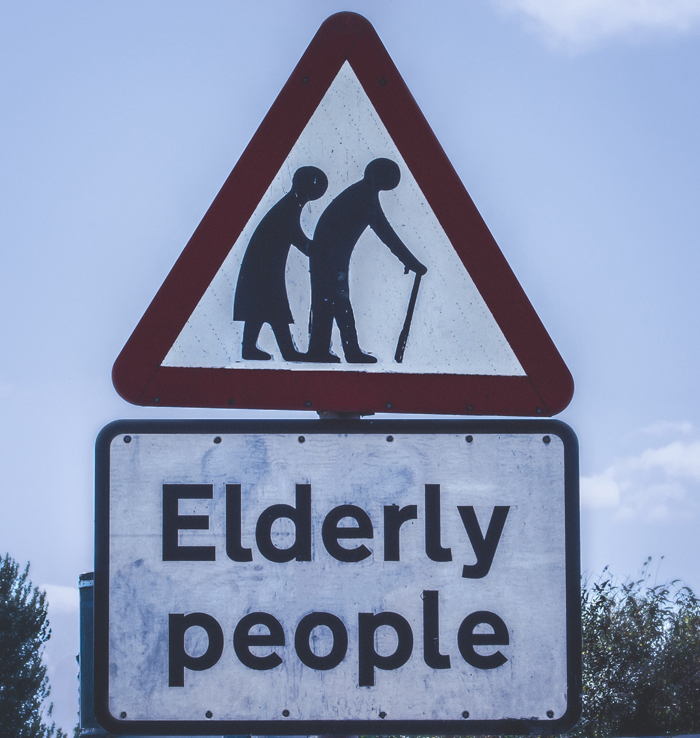
Photo by K. Mitch Hodge on Unsplash
It’s been said that baby boomers have been blasé about the current pandemic. Oh, hell no! I don’t know a single person over the age of sixty-five who feels impervious to or has been even remotely slow to respond to COVID-19.
The myth of the noncompliant boomer is just that, a myth!
This misconception is yet another example of how quickly the dissemination of information can become warped these days, even when there is no intention to spread misinformation or lies.
How did the idea that our senior citizens are dismissive of this deadly disease even come about?
Seems the bogus accusation first surfaced when it was observed that boomers weren’t speaking up on social media as involved and concerned about the current crisis. Well, duh – they simple aren’t as active on those platforms! Next, it seems, one middle-aged kid complains about having to nag his boomer parents to mask up and others are off to the races, shaming boomers for failing the world by refusing to hunker down. This idea was so prevalent that columnists began producing pieces on how to talk to aging parents about stronger compliance and adherence to protective measures. Talk about fake news and generational stereotypes!
Here’s how it works: people interpret social trends through generational stereotypes (it’s fun to point fingers!), and the media enhances the spreading of this false information.
This, my friend, is generational profiling.
Young people who’ve been lax about thwarting exposure to the virus aren’t doing so because they’re Gen Zer’s or millennials; they’re doing it because they’re young and carefree. On the flip side, older people who are hypervigilant in their response to exposure are reacting as such, not because they’re boomers but, because they’ve got more life experience to warn them of dire consequences.
Like the virus, generational profiling may be flattening out. Recent polls by the Kaiser Family Foundation and Axios found that Americans of all ages are equally likely to practice physical distancing.
Looking Ahead
Profiling or not, each of us will be required to decide in coming weeks and months just how comfortable we are about relaxing our sheltering-in-place lifestyles. Each decision will be based on how vulnerable we feel, period.
Personally, I’ve got way too many risk factors to even consider joining the hustle and bustle of public life. I’ll likely stay put until a vaccine is developed or a test for antibodies that shows me as not vulnerable.
In either case, I’ll not put any stock into judging the actions of people based on what defining age group they claim. And I’ll respect your choice as long as it doesn’t put others at risk.


I’m with you – I have a variety of masks to choose from and plan to wear them for the foreseeable future. Thank you!
Wearing masks, among other safety measures, will be a habit many of us utilize for a long time to come.
Thanks for your concurrence, Vikkie!
Well said! I actually had not heard that the perception was that boomers were blase about this pandemic. What I continue to hear is that we are expendable (“they’re going to die anyway”) and not as valued as those who are younger. The other disturbing thing is that wearing a mask has become a political, rather than a health issue. I wear a mask, and will continue to do so because I care about others, as well as myself. Wearing a mask does not make me “weak,” “scared,” “stupid,” or even “controlled by the government.” It makes me considerate.
Thanks, Laurie. The stats for our local county show, interestingly, the vast majority of deaths from COVID-19 have been in the 18-49 year old age bracket. We elders are doing better here. But, I agree, it’s very upsetting to hear about how dispensable we are.
Thanks for wearing your mask to protect us both!
Be safe.